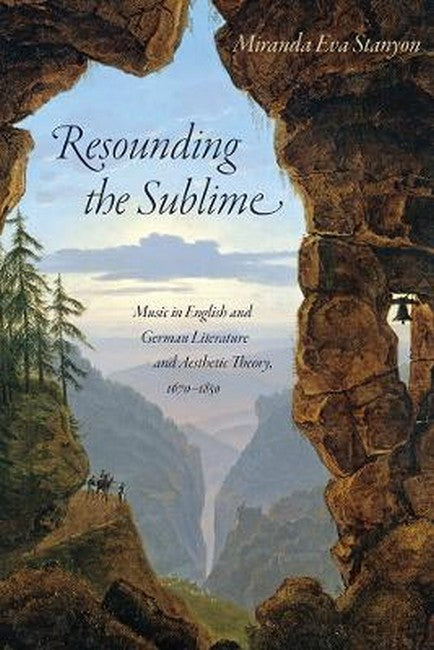Miranda Eva Stanyon is Lecturer in Comparative Literature at King's College London and Research Fellow in English Literature at the University of Melbourne
Request Academic Copy
Please copy the ISBN for submitting review copy form
Description
Contents List of Abbreviations Note on Translations and References Introduction Part I. He Rais'd a Mortal to the Skies; She Drew an Angel Down: English Literature, Circa 1670-1760 Chapter 1. Music as a "Bastard Imitation of Persuasion"? Power and Legitimacy in Dryden and Dennis Chapter 2. "What Passion Cannot Musick Raise and Quell!" Passionate and Dispassionate Sublimity with the Hillarians and Handelians Part II. Hissing Snakes and Angelic Hosts: German Literature, Circa 1720-1770 Chapter 3. Reforming Aesthetics: Bodmer and Breitinger's Anti-Musical Sublime Chapter 4. Klopstock, Rustling, and the Antiphonal Sublime Part III. Sublime Beauty and the Wrath of the Organ: English and German Literature, Circa 1770-1850 Chapter 5. The Beauty of the Infinite: Herder's Sublimely-Beautiful, Beautifully-Sublime Music Chapter 6. The Terror of the Infinite: Thomas De Quincey's Reverberations Conclusion Notes Bibliography Index Acknowledgments
"This sophisticated comparatist study traces influential ideas of music's relationship with various conceptions of the sublime across aesthetic theory and literature of the long eighteenth century and the Romantic period, in English andGerman (translated by the author)...For literary scholars, philosophers, and theorists of music and aesthetics working on the ode, on affect, on rhetoric, or on pre-Romantic aesthetics, this book's detailed, learned map of transnational influences and affinities in ideas of the musical sublime will prove invaluable, as will its attractive argument for the centrality of sound to the sublime." (Modern Language Quarterly)

